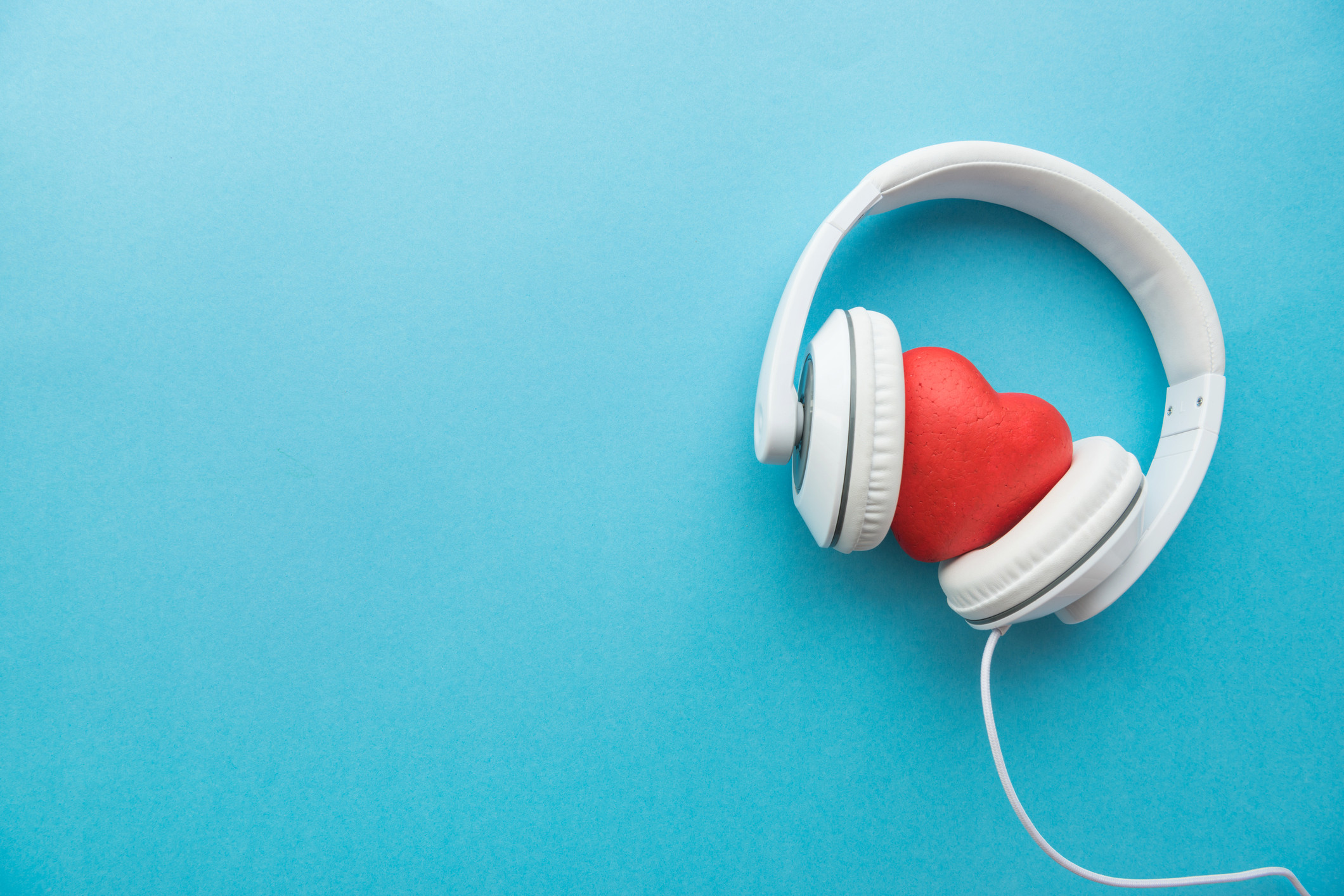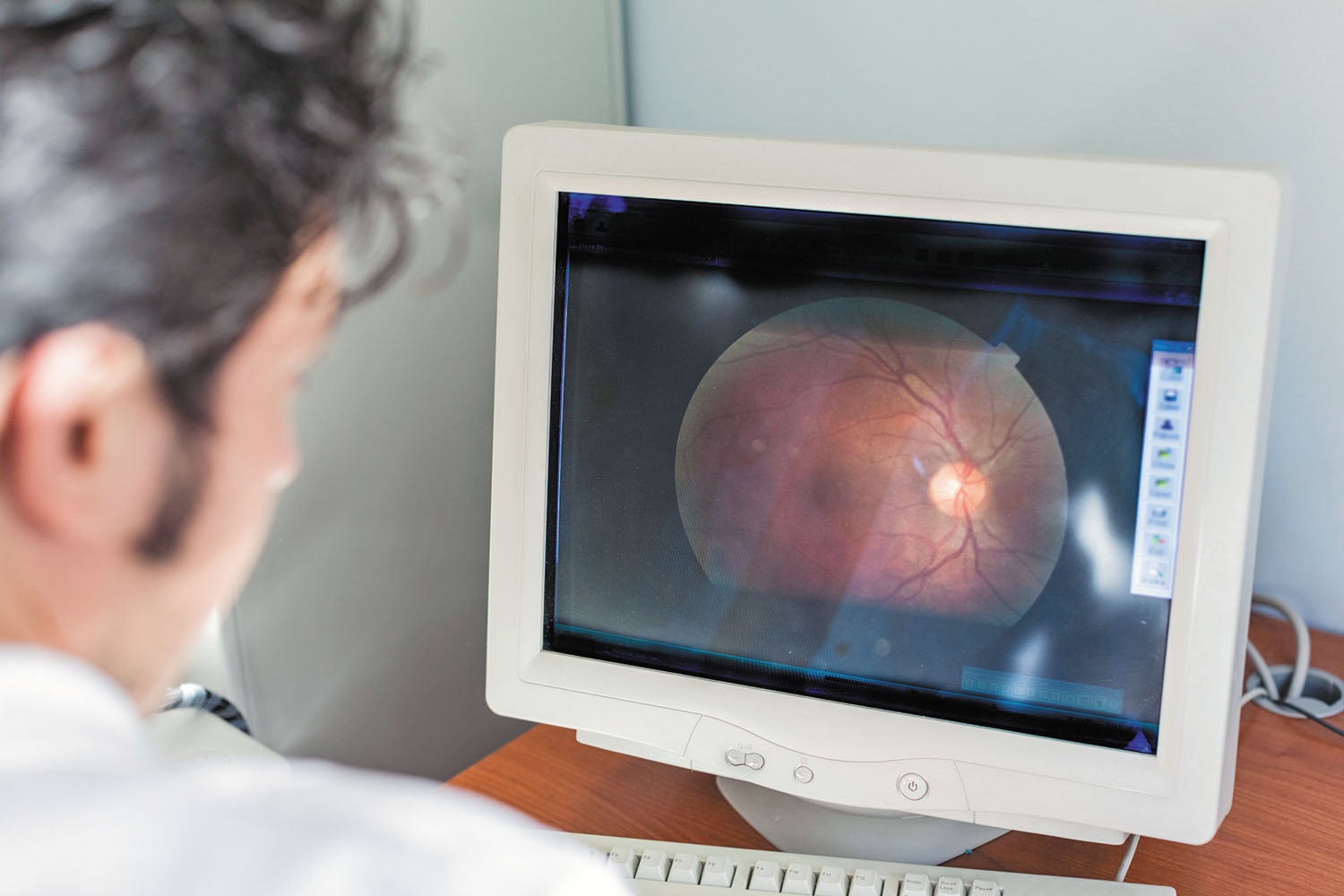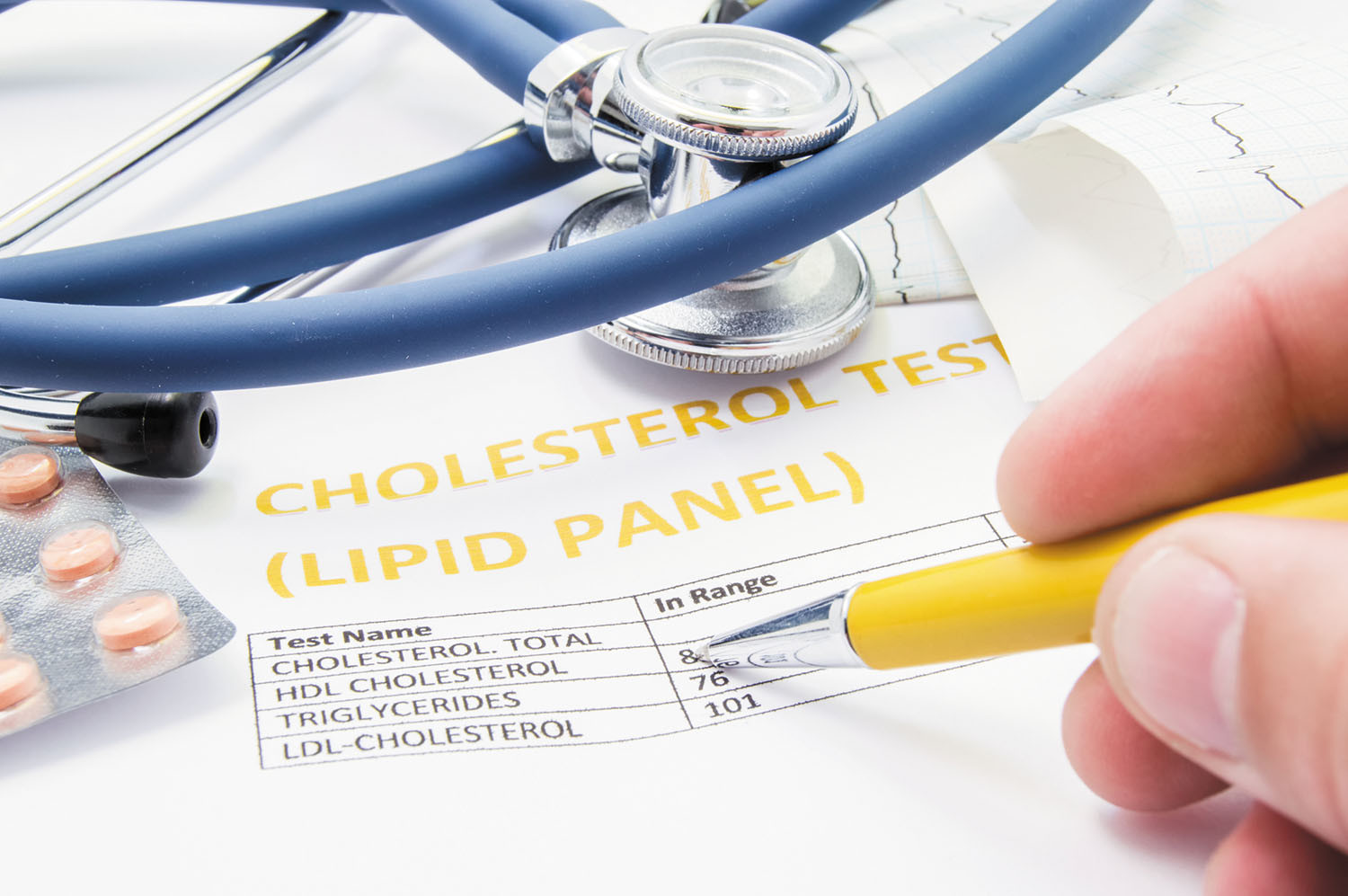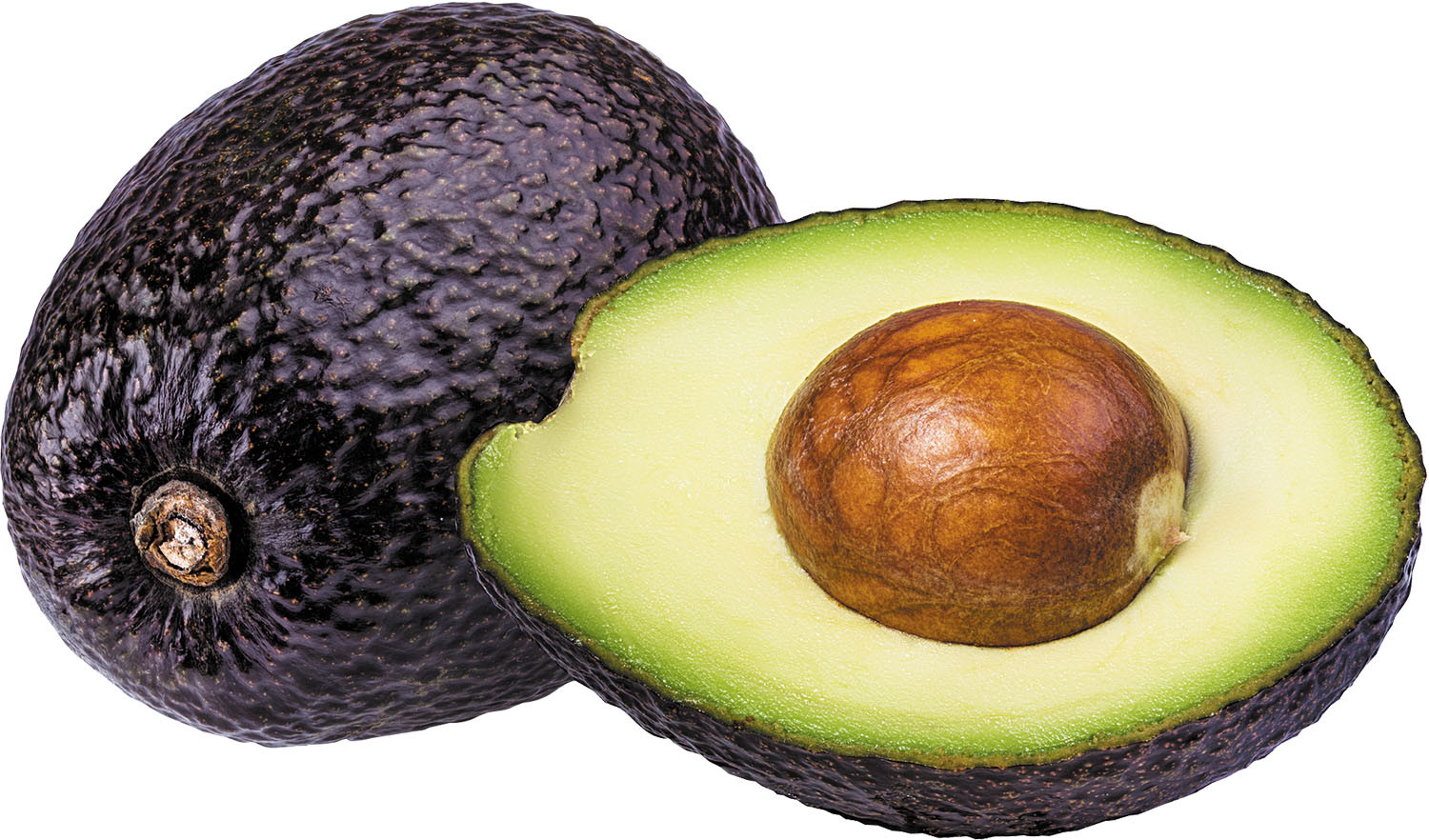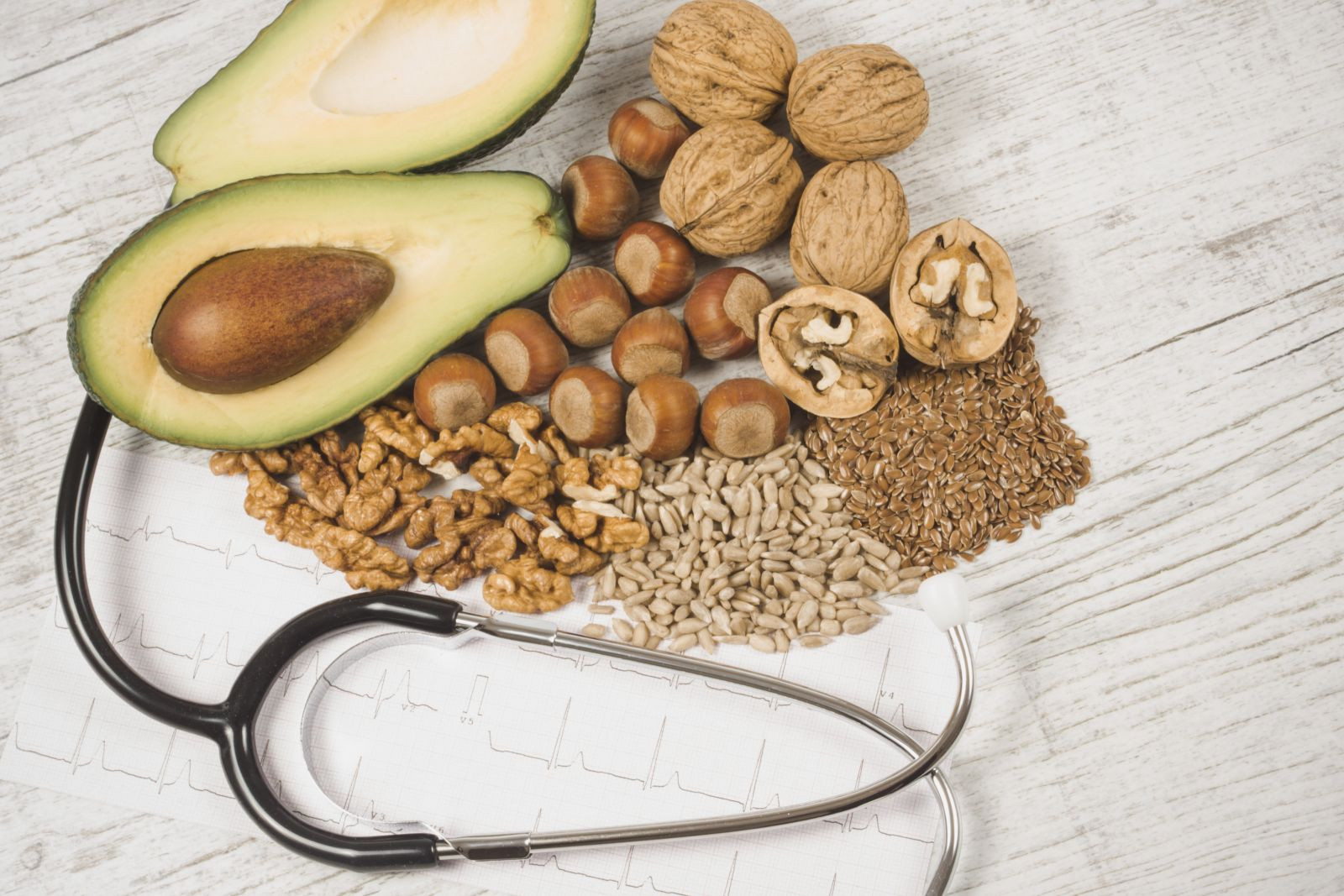
5 timeless habits for better health

What are the symptoms of prostate cancer?

Is your breakfast cereal healthy?

When pain signals an emergency: Symptoms you should never ignore

Does exercise give you energy?

Acupuncture for pain relief: How it works and what to expect

How to avoid jet lag: Tips for staying alert when you travel

Biofeedback therapy: How it works and how it can help relieve pain

Best vitamins and minerals for energy

Should you take probiotics with antibiotics?
Heart Health Archive
Articles
Harnessing big data to help the heart
Machine learning may improve the way doctors detect heart disease.
Image: © exdez/Getty Images
Imagine a world in which a photo of your eye — taken with your smartphone — could determine your risk of a heart attack, and your smartwatch could estimate your odds of experiencing a stroke. Sounds pretty futuristic, right?
In fact, preliminary studies showing the feasibility of both approaches have already been published. They're just two examples of the new wave of technology-based innovations (see "Transformative technologies") that are beginning to change health care as we know it.
Gene testing for antiplatelet drug response
Ask the doctor
Image: © wildpixel/Getty Images
Q. I understand there's a genetic test that can tell you how well you might respond to antiplatelet drugs. Do you recommend this test?
A. The short answer is no, not yet. For now, I think it is best to wait for the results from studies looking at personalized antiplatelet therapy. Also known as tailored medical therapy, personalized therapy refers to treatments that are based on your own information, including genetics. But first, I will address two other relevant questions: (1) what is antiplatelet therapy, and (2) who needs it?
Varicose veins: Clues to a deeper problem?
Leg veins that bulge just beneath the skin's surface are linked to a higher risk of deep-vein thrombosis.
Image: © gilaxia/Getty Images
Varicose veins are gnarled, bluish veins near the surface of the skin, usually on the legs and feet. Most people think of them as mainly a cosmetic problem, although varicose veins can cause a range of unpleasant symptoms, from a heavy, achy feeling in the legs to burning, throbbing, or itching sensations. Now, new research suggests that people with varicose veins may also have a higher risk of developing a clot in the deeper veins of the legs, known as deep-vein thrombosis or DVT.
"It's a good reminder for people with varicose veins to talk to their health care provider about their overall risk for vascular disease," says Dr. Gregory Piazza, assistant professor of medicine at Harvard Medical School. Most people with varicose veins won't experience a DVT. But it's still important to know the warning signs of this potentially dangerous condition (see "What is deep-vein thrombosis?") and to address any factors that might add to your risk, such as smoking, high blood pressure, and elevated cholesterol, he says.
The new, potent cholesterol-lowering drugs: An update
For people at high risk, PCSK9 inhibitors may prevent heart attacks and save lives. But gaining access to these pricey drugs remains a challenge.
Image: © Shidlovski/Getty Images
Three years ago, the FDA approved two drugs that lower harmful LDL cholesterol values dramatically — by more than 50%. The drugs, alirocumab (Praluent) and evolocumab (Repatha), belong to a new category of medications known as PCSK9 inhibitors. Both are given by a self-administered injection once or twice a month.
They're intended for people whose cholesterol levels remain stubbornly high, despite making lifestyle changes (such as diet and exercise) and taking the maximum dose of a high-potency statin and other cholesterol-lowering drugs. In the past two years, results from two large studies found that both PCSK9 inhibitors lowered the risk of serious heart-related events such as heart attack and stroke by 15%.
Vegetable of the month: Avocado
Image: © ilietus/Getty Images
Avocados are one of the few fruits (yes, technically they're a fruit, not a veggie) that contain healthy unsaturated fats. These fats help lower undesirable LDL cholesterol when eaten in place of saturated fat.
The popular Haas avocado, which has dark-green, nubby skin, grows year-round in California. A larger variety with smoother, bright-green skin grows in Florida. Marketed as SlimCado, it contains about half the fat and a third fewer calories than Haas avocados.
Midlife fitness linked to less dementia later in life
Research we're watching
Image: © radyreese/Getty Images
High cardiovascular fitness during middle age may lower the likelihood of dementia late in life, according to a decades-long study.
For the study, researchers asked 191 middle-aged women to ride an exercise bike until they were exhausted. They then grouped the women according to their peak cardiovascular capacity. Just 40 women met the criteria for high fitness, while 92 were in the medium category, and 59 were in the low category.
Plant-based fats: Better for the heart than animal fats?
Research we're watching
Monounsaturated fats — which fall under the umbrella of unsaturated fats — are found in olives, nuts, and avocados, as well as in meat and dairy products. Although some studies have found that diets rich in monounsaturated fat lower the risk of heart disease, others have not.
But the source of the fat appears to make a difference. That's according to researchers at the Harvard T.H. Chan School of Public Health, who studied dietary data from more than 90,000 people over an average of 22 years. Heart disease risk was lower when unhealthy saturated fat, refined carbohydrates, or trans fat was replaced by plant-based monounsaturated fat, but not by animal-based monounsaturated fat. Higher intake of the plant-based fats was associated with a 16% lower risk of dying from any cause. In contrast, higher intake of the animal-based fats was linked to a 21% higher risk of dying from any cause.
A tipping point for developing high blood pressure?
Research we're watching
Image: © Nik01ay/Getty Images
Although conventional wisdom suggests blood pressure rises gradually as people age, that isn't true for everyone, according to new research. However, a systolic blood pressure (the top number in a reading) that regularly goes above 120 to 125 mm Hg may signal impending high blood pressure, regardless of a person's age.
The study included data from 1,252 of the original participants of the Framingham Heart Study, who had their blood pressure measured roughly every two years between 1948 and 2005. Researchers then categorized the participants based on the age at which they received a diagnosis of high blood pressure (in their 40s, 50s, 60s, 70s, or never). They defined high blood pressure by the standard at the time: equal to or over 140/90 mm Hg.
Summer grilling may raise blood pressure risk
Research we're watching
Image: © Lauri Patterson/Getty Images
Many people switch from stove to grill in the warmer months. But a new study links regular consumption of grilled meat to an elevated risk of high blood pressure. A study presented at the American Heart Association's 2018 Epidemiology and Prevention — Lifestyle and Cardiometabolic Health Scientific Sessions looked at more than 100,000 people in three different studies who ate at least two servings of beef, poultry, or fish each week.
They found that those who grilled their meat or broiled or roasted it at high temperatures more than 15 times each month had a 17% higher risk of high blood pressure than people who grilled, roasted, or broiled less than four times a month.

5 timeless habits for better health

What are the symptoms of prostate cancer?

Is your breakfast cereal healthy?

When pain signals an emergency: Symptoms you should never ignore

Does exercise give you energy?

Acupuncture for pain relief: How it works and what to expect

How to avoid jet lag: Tips for staying alert when you travel

Biofeedback therapy: How it works and how it can help relieve pain

Best vitamins and minerals for energy

Should you take probiotics with antibiotics?
Free Healthbeat Signup
Get the latest in health news delivered to your inbox!
Sign Up
